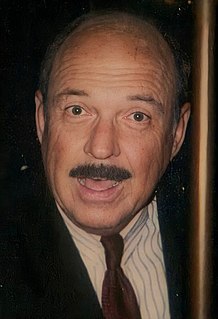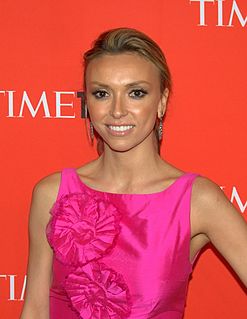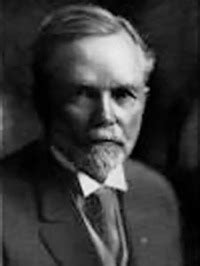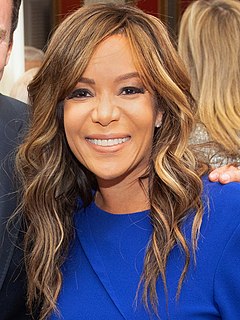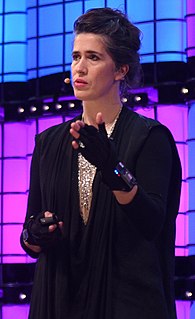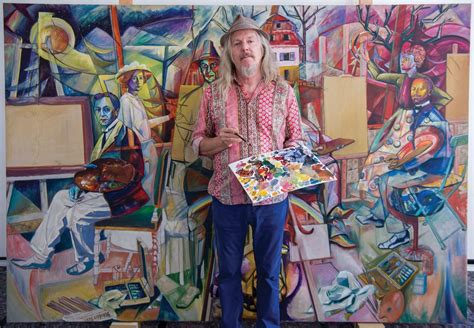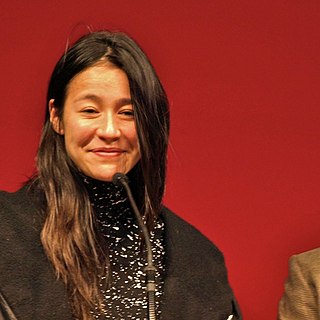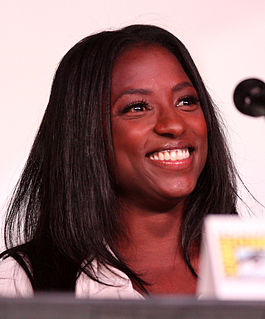A Quote by Nithya Menen
I studied journalism, though I never really became a scribe.
Related Quotes
I finished high school and studied at the University of Nebraska in the school of journalism, which really turned me onto journalism. I never finished, but the very little that I did learn in two-and-a-half-years prepared me for a career in legitimate journalism, which included WWE, AWA, WCW, and everything in-between.
Almost everything I've learned about journalism has been from other friends who are journalists, taking advantage of the money I hope they don't think they threw away at j-school. I studied comparative literature, but the professional vagaries of journalism I've learned through other people's trial and error, and my own.
I want to help clean up the state that is so sorry today of journalism, and I have a communications degree. I studied journalism -- who, what, where, when, and why -- of reporting. I will speak to reporters who still understand that cornerstone of our democracy, that expectation that the public has for truth to be reported. And then we get to decide our own opinion based on the facts reported to us.

